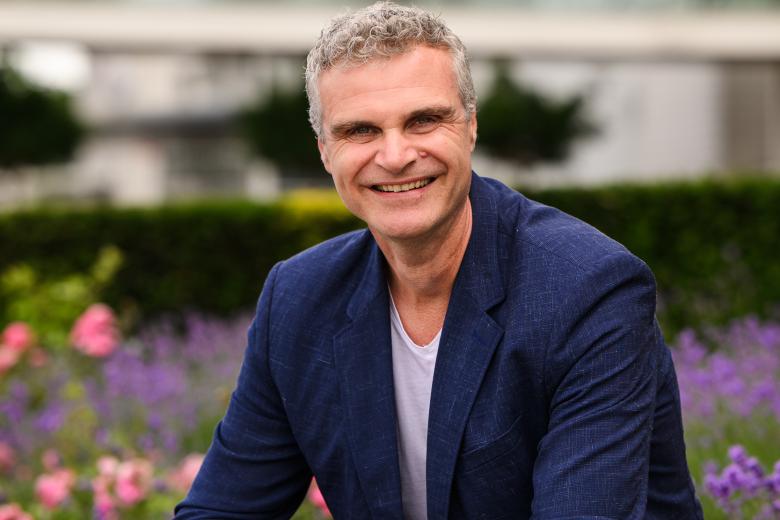Brown adipose tissue activated with bile acid
Publication Cell Metabolism
Brown adipose tissue, which is thought to have a positive effect on weight loss, among other things, can be activated in both test animals and humans with the administration of bile acids in pill form. This according to a scientific proof of concept study published in the journal Cell Metabolism by PhD candidate Evie Broeders and postdoctoral candidate Emmani Nascimento. The study was supervised by Patrick Schrauwen and Wouter van Marken Lichtenbelt, both professors at Maastricht University. Researchers have been looking for a way to activate brown adipose tissue since its discovery in adults in 2009. Bile acid is the third way to activate these stores.
Brown adipose tissue, which was thought to disappear after infancy, is a hot topic. These fat stores convert excess energy into heat, which can have a positive effect on weight loss. Researchers believe that the more brown fat stores someone has, the better, which is why they are currently searching for ways to make more of it. Two proven methods of doing so include reducing the core body temperature by turning down the thermostat a few degrees at home and by stimulating the sympathetic nervous system.
‘We now believe that brown adipose tissue is healthy,’ says Schrauwen. ‘If further studies confirm the beneficial effects of activating brown fat, we want to find ways to actually do it – perhaps with the help of medication. This will first be tested on animals. We’ve found that the bile acid approach, which was effective in test animals, also works in humans. This proof of concept study confirms the underlying principle, but the effects do not allow for the pills to be administered as a form of treatment. Further research is required before this can happen.’
The publication, titled, ‘The bile acid chenodeoxycholic increases human brown adipose tissue activity’ has been published online in Cell Metabolism.
Also read
-
Standing firm with humanity: Nicolle Heijltjes on leadership, resilience and female empowerment
Alderman Nicolle Heijltjes leads Kerkrade’s spatial domain with decisiveness and empathy. Built by Defence and business, she champions human-centred leadership, female empowerment and reflection, believing real leadership starts when the person behind the role truly matters.
-
Stef Kremers - the smoke-free Randwyck campus
Prof. dr. Stef Kremers, vice-dean at the Faculty of Health, Medicine and Life Sciences, is part of the academic community working to reduce smoking. He obtained his PhD researching smoking initiation during a time when the whole concept of smoking prevention was still in its early stages.
-
Global Mobility of Individuals: Public Consultation in Paris
On 20 January 2026, the Maastricht Centre for Taxation (MCT) participated in the OECD’s public consultation meeting on the Global Mobility of Individuals, held at the OECD in Paris.